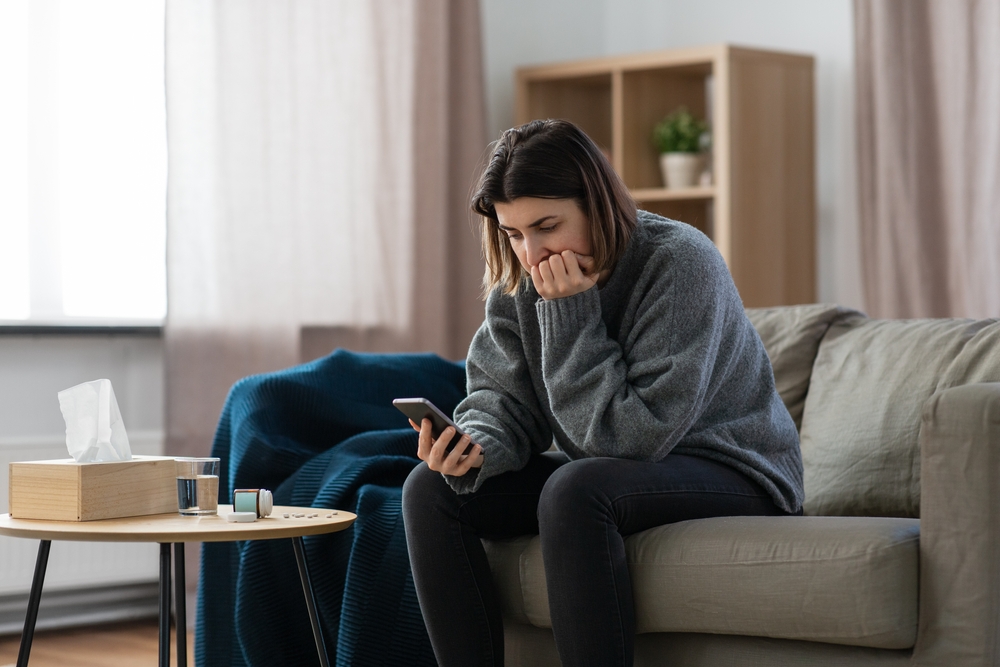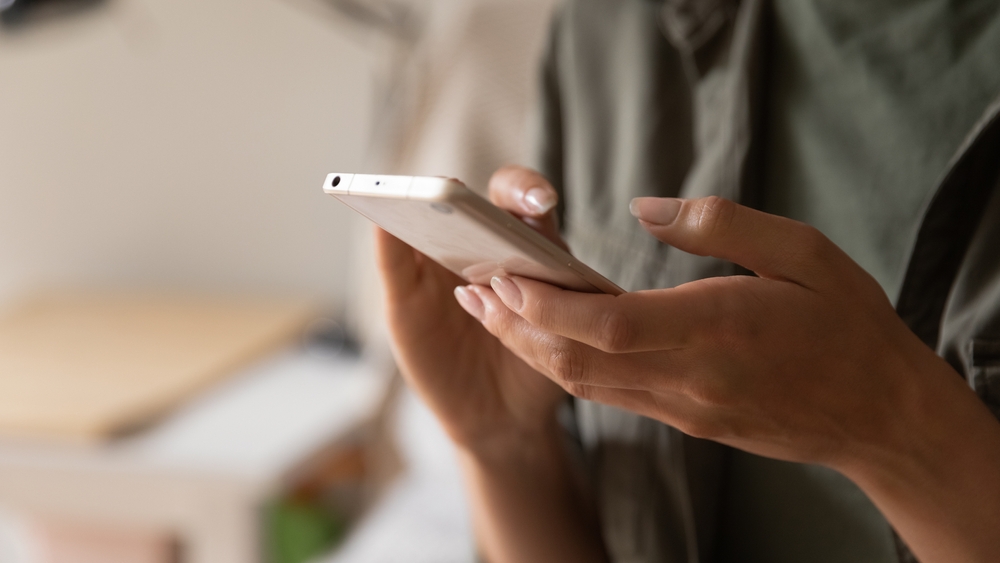Many assume that people who prefer texting over phone calls are just being lazy. In reality, the preference for written over verbal communication often says a lot more about how someone thinks and processes information. It is not about convenience alone, it is often tied to personality traits, emotional tendencies, cognitive style, and even past experiences. Research in communication psychology and behavioral science shows that different communication preferences are often tied to distinct cognitive habits. Let’s explore the deeper thinking patterns behind people who reach for their keyboard instead of dialing a number.
They Prefer Time to Think Before Responding

People who like texting often value the ability to pause and reflect before replying. Unlike a phone call that demands an instant reaction, a text conversation gives them room to choose their words carefully. This is especially common among introverted thinkers who want to avoid saying something they will regret. Studies show that many individuals feel social pressure when speaking in real time. Texting offers a buffer. It allows for more deliberate processing of information. These people are not slow or hesitant, they simply prioritize clarity and control in how they communicate.
They Are Highly Sensitive to Emotional Tone

Texting may seem less emotional than a phone call, but for emotionally sensitive people, that is exactly the point. When people are highly sensitive to voice tone, inflection, or background noise, calls can feel overwhelming. Texting strips away many of those emotional layers, making the interaction feel more manageable. They do not have to decode someone’s mood based on voice volume or pace. Texts are visually processed, which allows the brain to interpret intent with less sensory overload. For those with social anxiety or emotional hypersensitivity, this can feel safer and more predictable.
They Feel More in Control of Boundaries

Text messages give users the power to reply when they are ready. This taps into a major cognitive difference between texters and callers. Texters often value autonomy and control over their time. Phone calls can interrupt, impose, or pressure someone into engagement before they feel mentally prepared. Texting, by contrast, feels like a negotiation. The back-and-forth is on their terms. This preference is often linked with people who have a high need for mental boundaries, according to behavioral psychologists. It is not about ignoring others, it is about protecting mental energy.
Read More: 5 Places It’s Just Rude to Talk on Your Phone
They Are Visual Processors More Than Auditory Ones

Some people think better in images and written words than in spoken dialogue. These are called visual processors. Visual thinkers often report that they remember things better when they read them, not when they hear them. For these individuals, texting aligns with how their brains absorb and retrieve information. A phone call may feel ephemeral, the details vanish the moment the call ends. But a text conversation leaves a visual record. They can scroll back, review facts, and reread cues. That makes it a more reliable channel for people who process the world visually.
They Want to Avoid Emotional Confrontation

Calling someone opens the door to unfiltered emotional reactions. A conversation can escalate quickly, especially if tensions are high. People who prefer texting may not be avoiding the person, but rather avoiding emotional confrontation. Texting acts like a social buffer. It gives them time to cool off before replying, or to frame their thoughts in a less reactive way. This is especially true in emotionally charged situations. Psychologists note that people who have experienced conflict trauma or emotionally abusive situations often gravitate toward text-based communication because it feels safer.
They Value Efficiency and Multi-Tasking

Texting allows people to juggle more things at once. Unlike phone calls, which require full attention and often a quiet environment, texting can happen in the middle of errands, meetings, or other conversations. People who prefer texting often view it as more efficient. They do not have to go through the usual phone call pleasantries. They can send a short update or a direct question without waiting for a lull in the conversation. This communication style is common among task-oriented thinkers. These individuals are driven by goal completion and minimal interruption.
They Experience Social Interactions as Mentally Draining

For some people, especially those with introverted or neurodivergent traits, phone calls are not energizing. They are exhausting. Every call is a small performance, involving active listening, vocal tone regulation, and real-time social reading. Texting, in contrast, feels like a low-energy exchange. It is easier to manage when they are socially fatigued or mentally overwhelmed. According to studies in personality psychology, introverts often report a sense of emotional depletion after live conversations. Texting reduces that pressure, allowing them to stay connected without using all their social fuel.
Read More: 35 Abbreviations That Rule Modern Texting (And How to Use Them)
Texting Is Not Laziness, It’s a Communication Preference Shaped by Thought Patterns

If someone chooses texting over calling, it is usually not out of laziness. Instead, it reflects how they process information, manage emotions, and navigate social interactions. Whether it is a preference for clarity, control, or efficiency, each reason has a psychological basis. Understanding these patterns helps reduce judgment and promotes better communication across different personality types. So next time someone sends a text when you expected a call, consider that it might not be avoidance. It might just be how their brain prefers to connect.
Disclaimer: This article was created with AI assistance and edited by a human for accuracy and clarity.
Disclaimer: This information is not intended to be a substitute for professional medical advice, diagnosis or treatment and is for information only. Always seek the advice of your physician or another qualified health provider with any questions about your medical condition and/or current medication. Do not disregard professional medical advice or delay seeking advice or treatment because of something you have read here.

